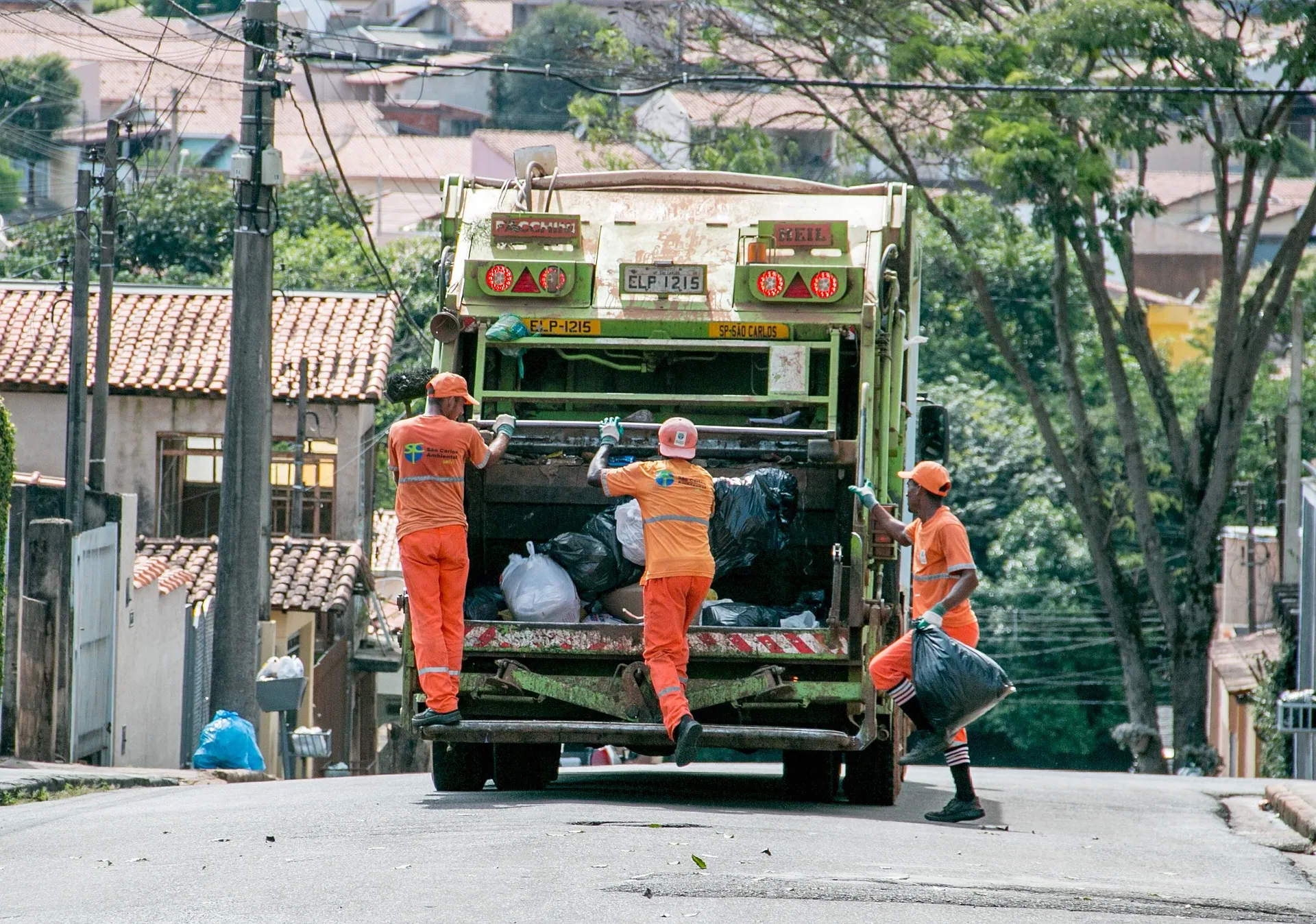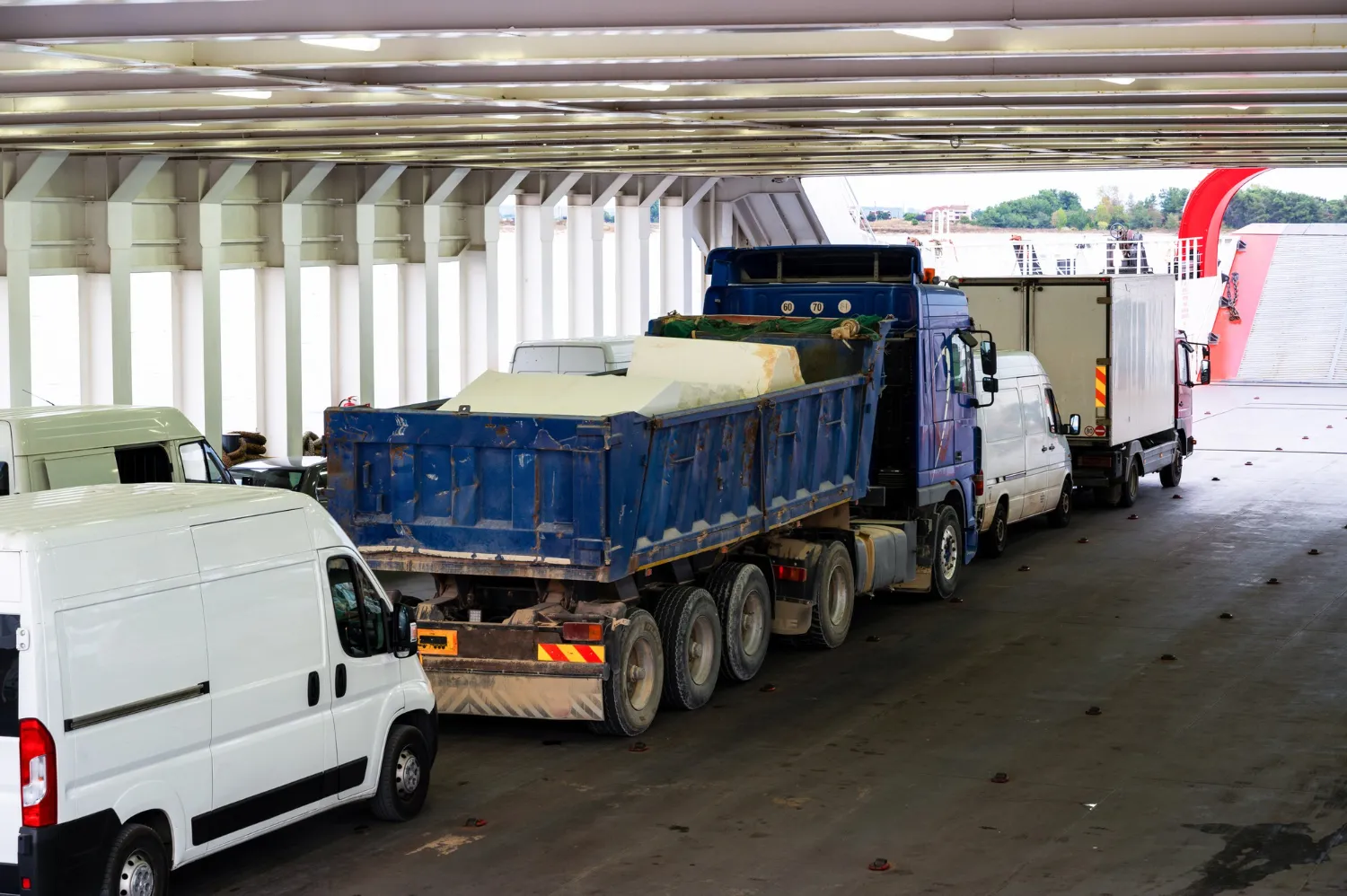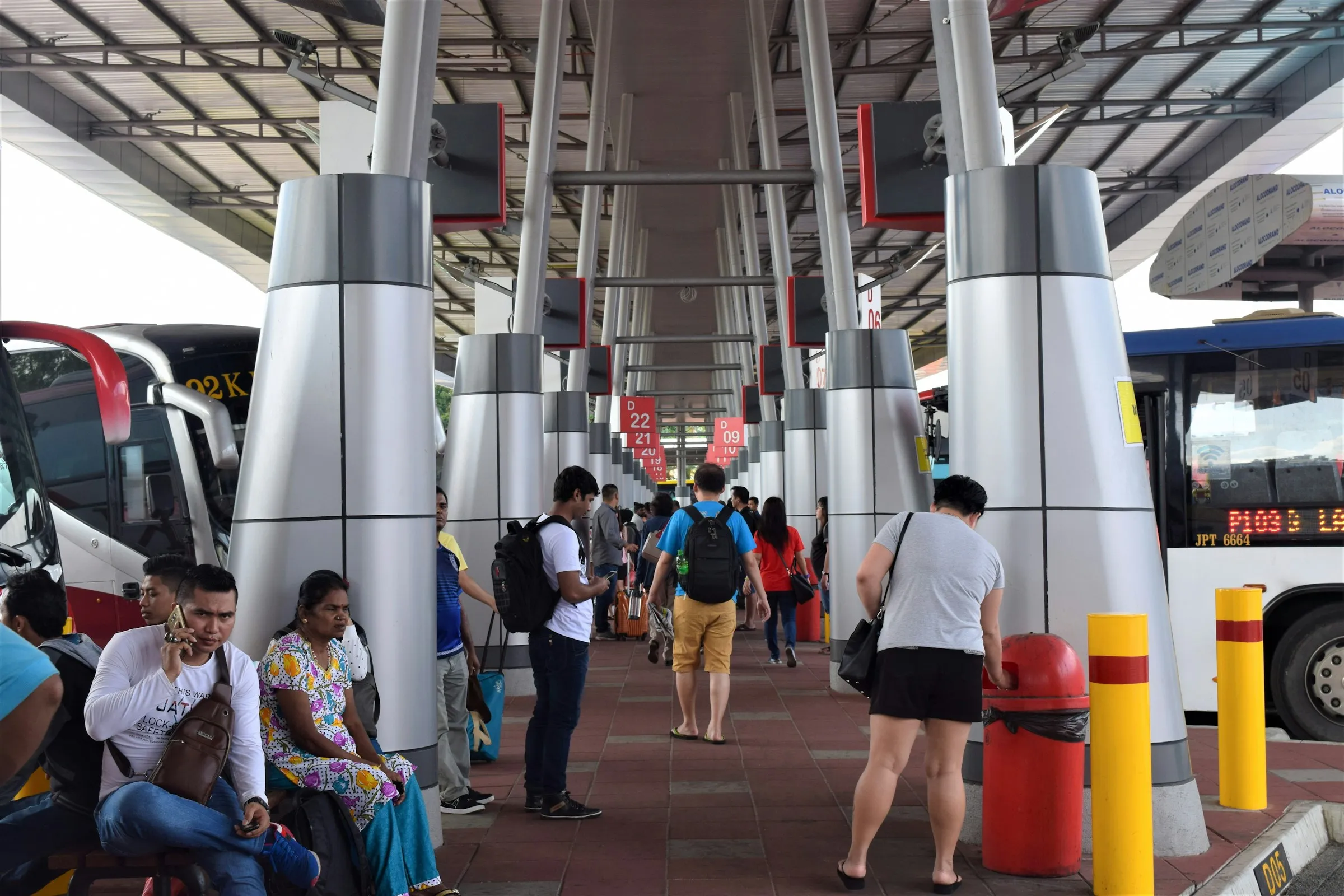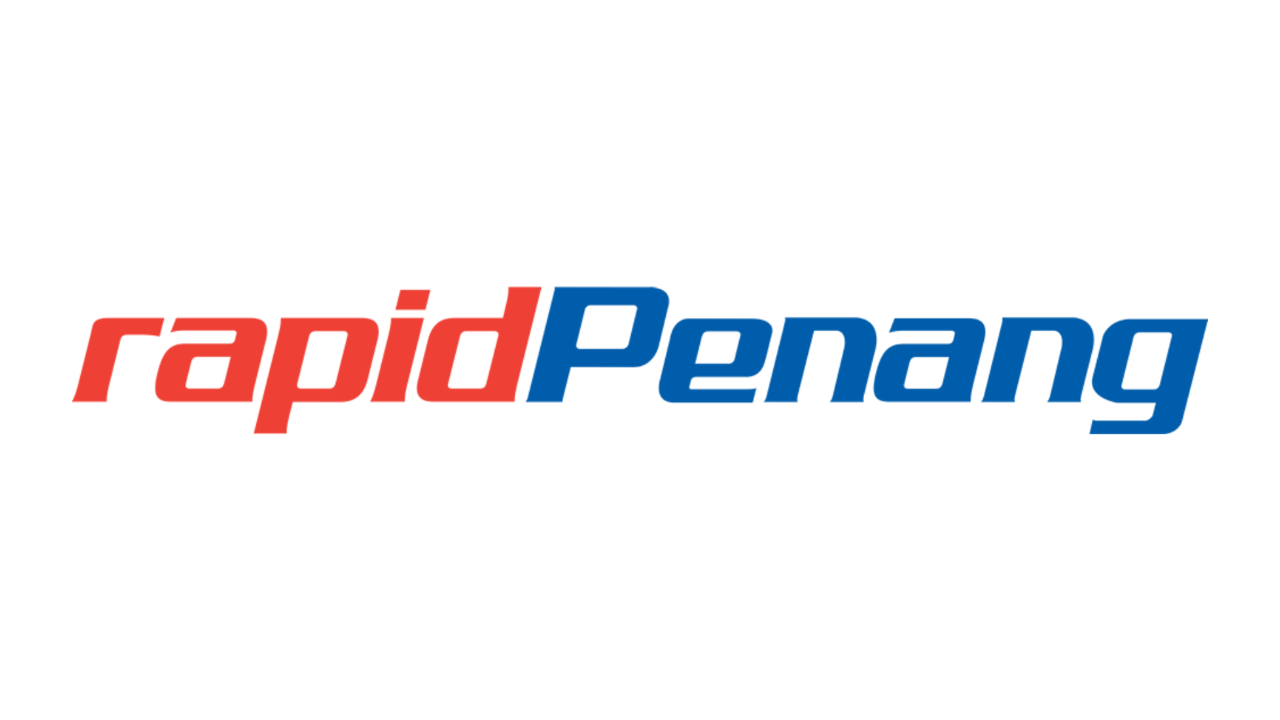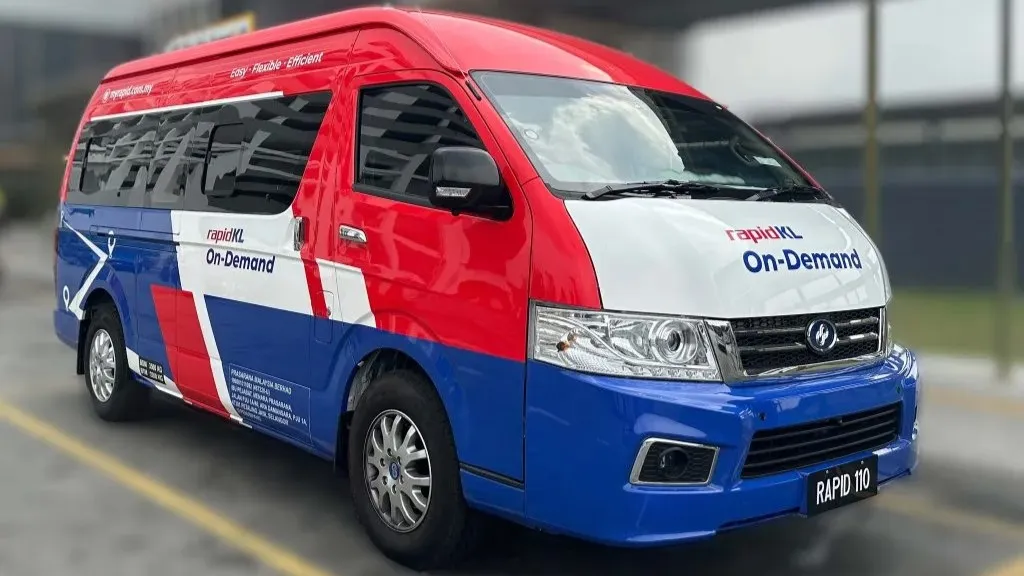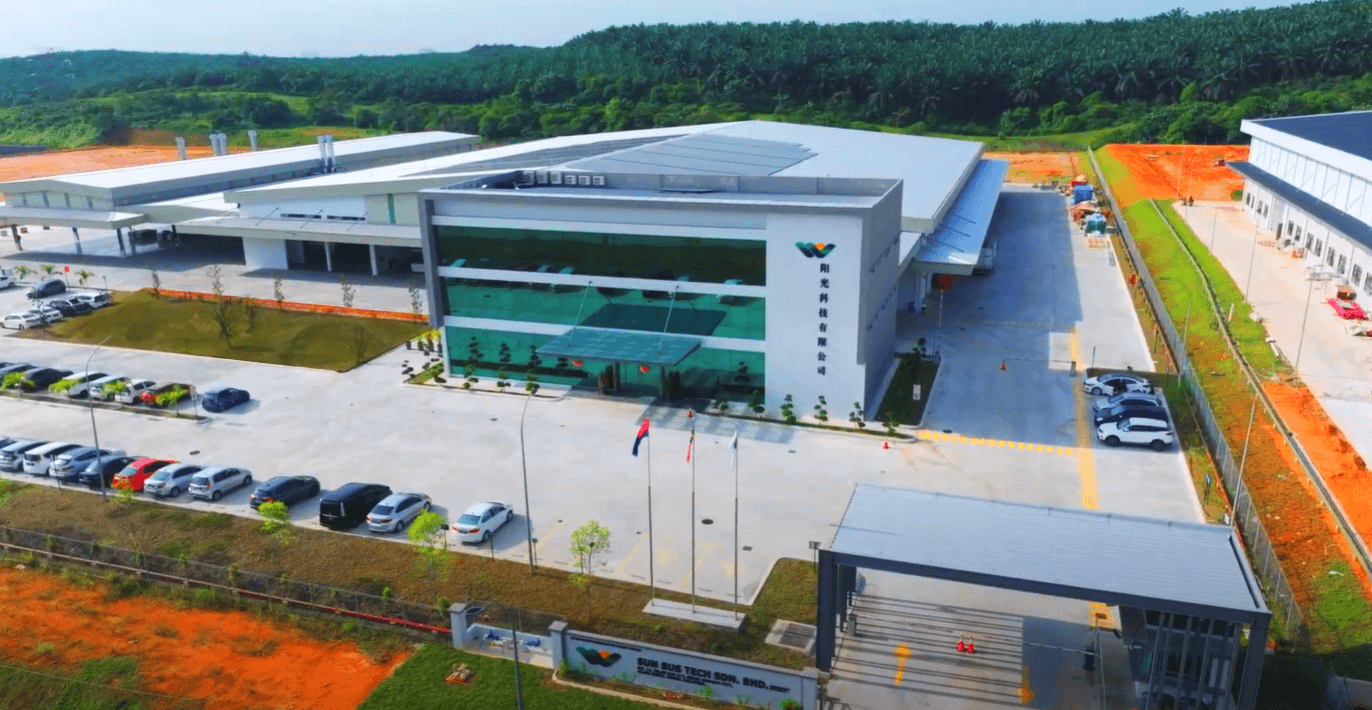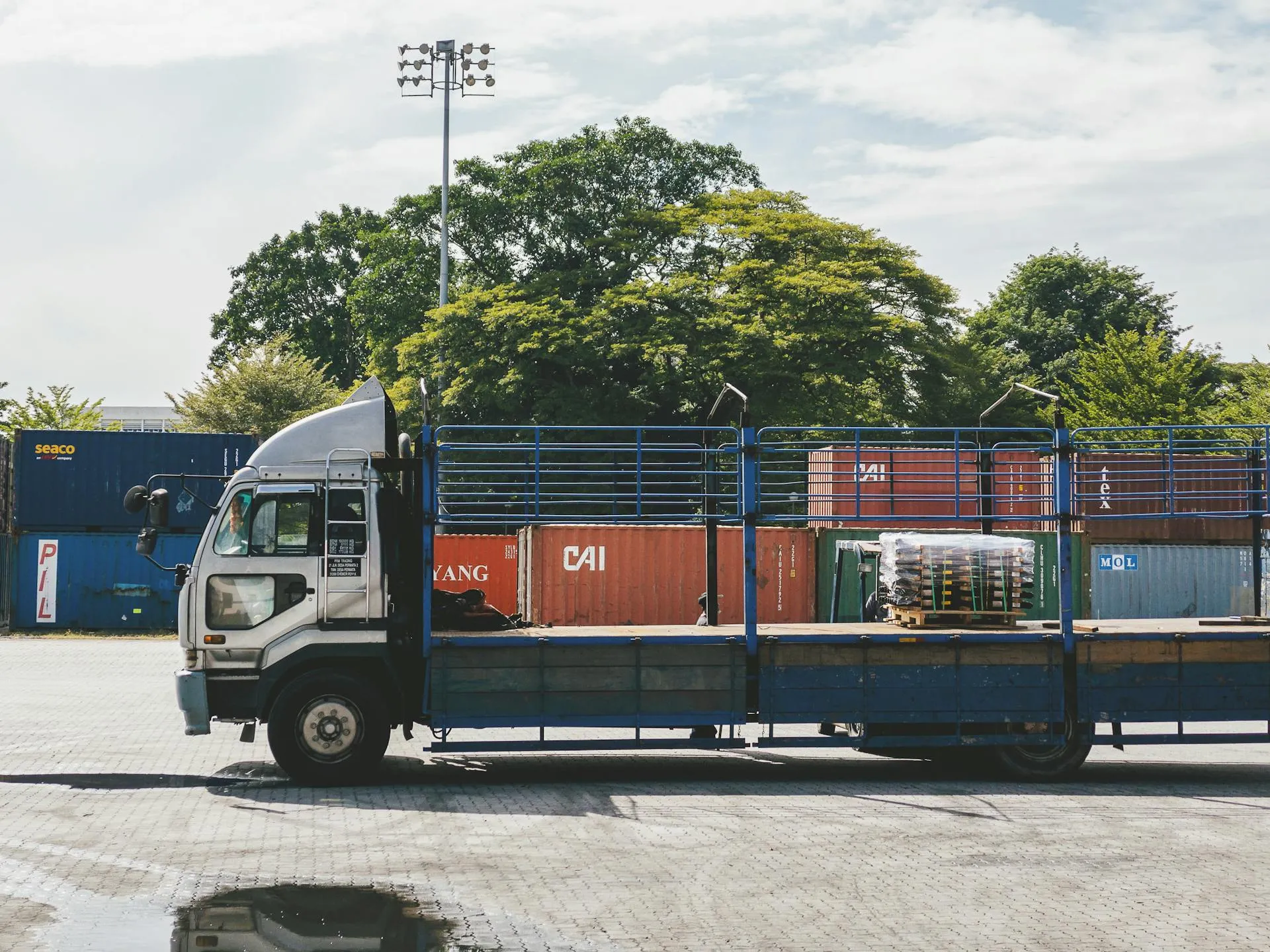The exclusion of Rigid Roll-On Roll-Off (RORO) lorries from the subsidy scheme has caused financial strain on refuse lorry companies.
Without Subsidy, Refuse Lorry Owners Are Compelled to Raise Service Charges
The Penang Refuse Lorries Association is urging the government to include Rigid Roll-On Roll-Off (RORO) lorries in the MySubsidi Diesel system so they can qualify for diesel subsidies, the Bernama News Agency reported on Thursday, June 20, 2024.
Arif Ibrahim, the association’s chairman, highlighted that the exclusion of RORO lorries from the system’s list has caused significant financial strain on companies due to high operational costs without access to the fuel subsidy.
“The current problem is that lorry owners who register under the ‘rigid automatic refuse lorry’ category receive approval for diesel subsidies, but RORO lorries in the same category do not, simply because they are not listed in the MySubsidi Diesel system,” he explained after a meeting with over 57 refuse lorry company owners in Seberang Perai.
“This discrepancy has led some companies to increase their service charges to cover operational costs, including fuel, maintenance, and employee wages,” he added.
The association, comprising 97 members owning over 100 lorries, hopes the government will address their concerns and initiate discussions to resolve the issue. Arif clarified that the challenges faced by their members have compelled them to unanimously agree to raise fees for rubbish collection services.
“For industrial waste, we had to increase our charges from RM250-RM280 (£41.86-£46.88) per trip to RM300 (£50.23) in Seberang Perai, and from RM300 (£50.23) to RM350 (£58.60) for trips from the island to the Pulau Burung landfill,” he noted, adding that the number of trips had also decreased from 90 to around 40 per month.
Meanwhile, the association’s deputy chairman, Ng Wei Liam, stated that their gathering aimed to draw the government’s attention to include Rigid-RORO lorries in the MySubsidi Diesel system’s list.
He expressed concern that without prompt action, their members would face even greater losses, affecting overall operations. “Currently, we are already feeling the burden. For example, filling up my three-tonne lorry used to cost RM150 (£25.11), but now it has increased by 55 per cent to over RM200 (£33.49), and we have to bear these costs ourselves,” he explained.

